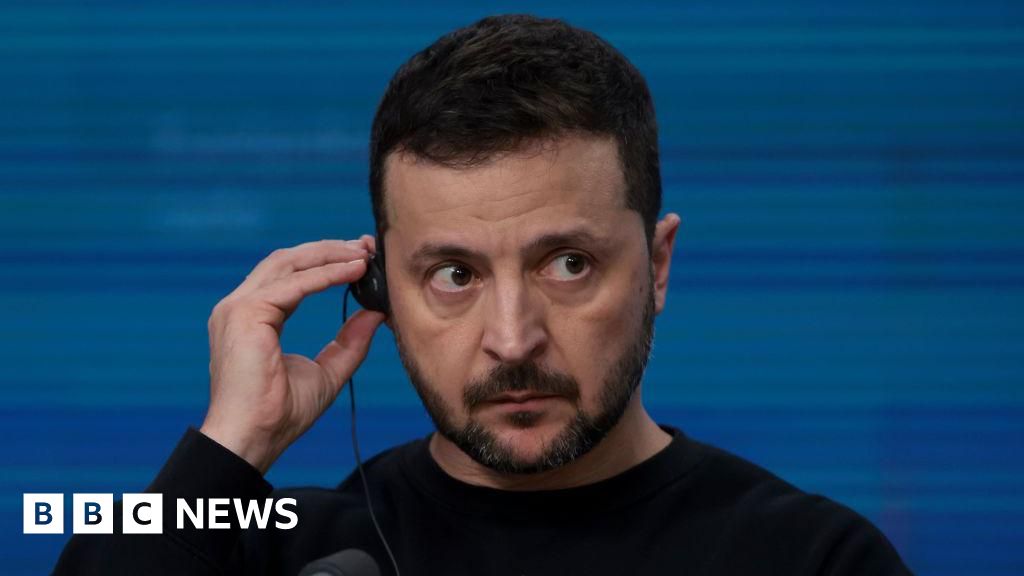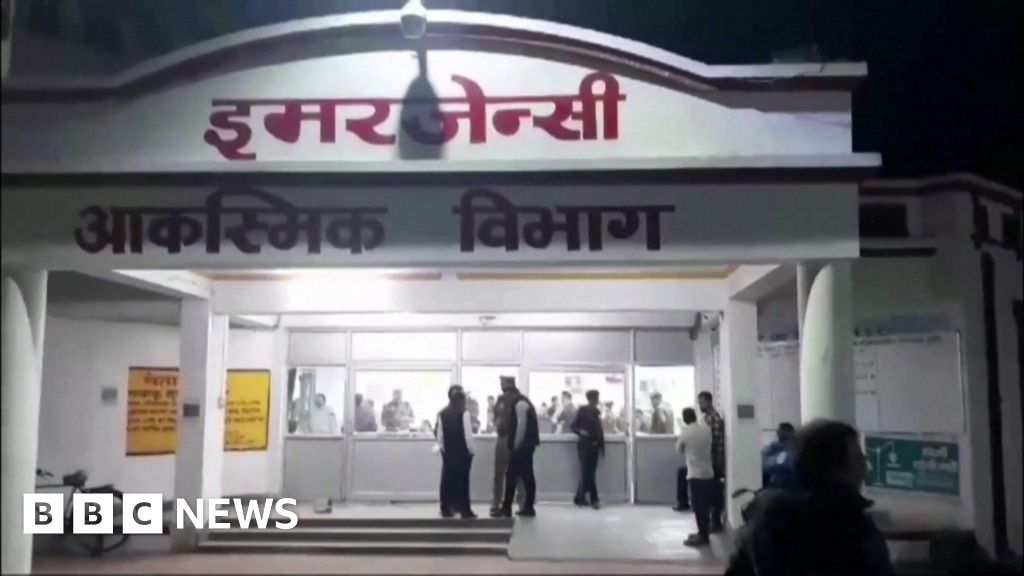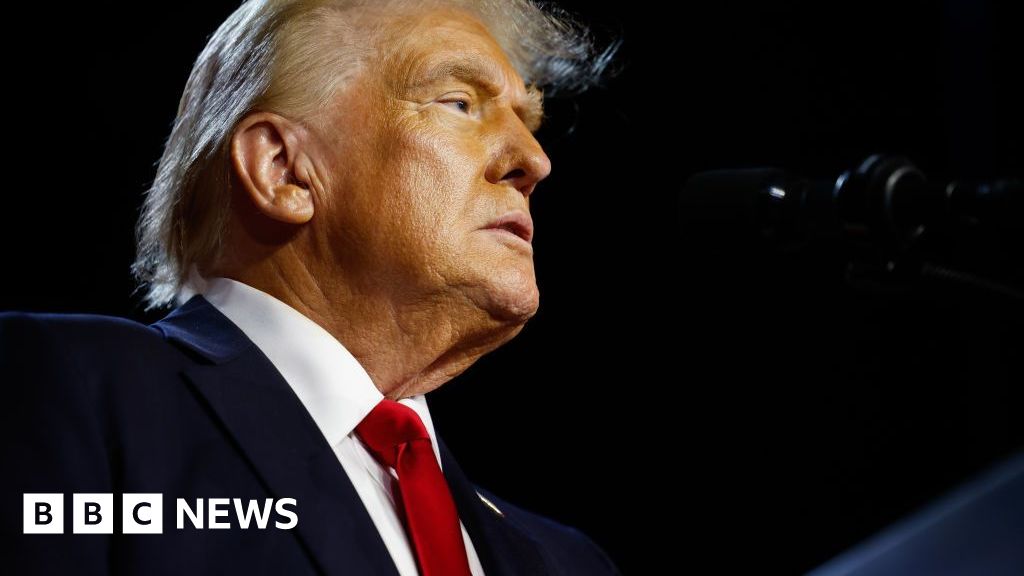ARTICLE AD BOX
By Sebastian Usher
BBC Arab affairs editor
Image source, Philosophy conference in Riyadh
Image caption,The conference was first of its kind in Saudi Arabia
A major international conference on philosophy has been held in Saudi Arabia aimed at encouraging critical thinking in a country where citizens have been jailed in recent years for expressing what are seen as dissenting views.
The leading American philosopher Michael Sandel was among a number of highly respected academics who took part in the three-day event in Riyadh.
In a virtual appearance, the Harvard professor - who's been described as having the global profile of a rock star - told the organisers that he didn't want to give a lecture, but instead sought to engage directly with young Saudis, including women.
During a session broadcast live on YouTube from the conference centre at the King Fahad National Library, Mr Sandel delicately broached issues of critical reasoning and moral philosophy with four Saudi students.
In a country where there is little tradition of public questioning of the religious, political and social status quo, this in itself was an unusual and potentially subversive act.
Image source, Riyadh Philosophy Conference
Image caption,The event broke new ground for the young people who attended
Mr Sandel prompted debate over government responses to the coronavirus pandemic. And he moved the discussion onto moral questions over whether one should protect or hand over a relative who's committed a murder.
One of the students said that no-one was above the law and that even if it were her father - who happened to be in the auditorium - she would turn him in. Some in the large audience of Saudi students and academics applauded.
Mr Sandel then cited an ancient Chinese story of the quandary of a ruler who found that his father was a killer. The resonance of the story was unmistakeable, in a country where the Crown Prince Mohammed bin Salman remains accused in the court of world opinion - despite official denials - of involvement in the killing of the Saudi journalist Jamal Khashoggi.
As for independent thinking, a Saudi man was arrested last month on accusations of heresy on social media, while a Yemeni journalist was recently sentenced to 15 years in jail for apostasy. Under the de facto rule of the crown prince, a host of Saudi citizens ranging from Islamic preachers to young Saudi women advocating reform - such as Loujain al-Hathloul - have been jailed.
'A first step'
Mr Sandel told the BBC that he was impressed by the response of the students - none of whom had formally studied philosophy. He said he was struck by their hunger for debate on big ethical questions.
This was borne out by the students themselves - one said that the session had set her "wheels turning", opening her eyes to a variety of topics of which she had not been aware. She told the BBC that critical thinking was "essential to human life".
Image source, Reuters
Image caption,Jamal Khashoggi, a prominent critic of the government, was murdered by Saudi agents in Istanbul in 2018
The previous education minister in Saudi Arabia announced last year that preparations were under way for bringing critical thinking and philosophy into the curriculum. He has since been replaced and those plans appear to be on hold.
A thousand years ago, Arab thinkers were at the forefront of philosophy and translations into Arabic helped preserve the heritage of ancient Greek thought.
But this has been far from the way that knowledge has traditionally been taught in Saudi Arabia, where the powerful influence of conservative Islamic clerics defined knowledge as essentially the memorisation and explication of the Quran and other holy texts.
Ali Shihabi, a Saudi who maintains a close relationship with the country's authorities, explains: "That logic seeped into everything else in education and learning and hence critical thinking simply did not exist, so even just alerting your people and educators is revolutionary for the kingdom."
The Saudi ministry of culture says that it is "leading a cultural transformation to develop a rich ecosystem that nurtures creativity... and unleashes new and inspiring forms of expression".
Michael Sandel told the BBC that the philosophy conference, and his participation in it, was an experiment.
"If the participants left the session continuing to debate the ethical dilemmas we discussed, I'd call it a success - at least as a first step. It remains to be seen of course what the system will allow."

 2 years ago
67
2 years ago
67








 English (US)
English (US)